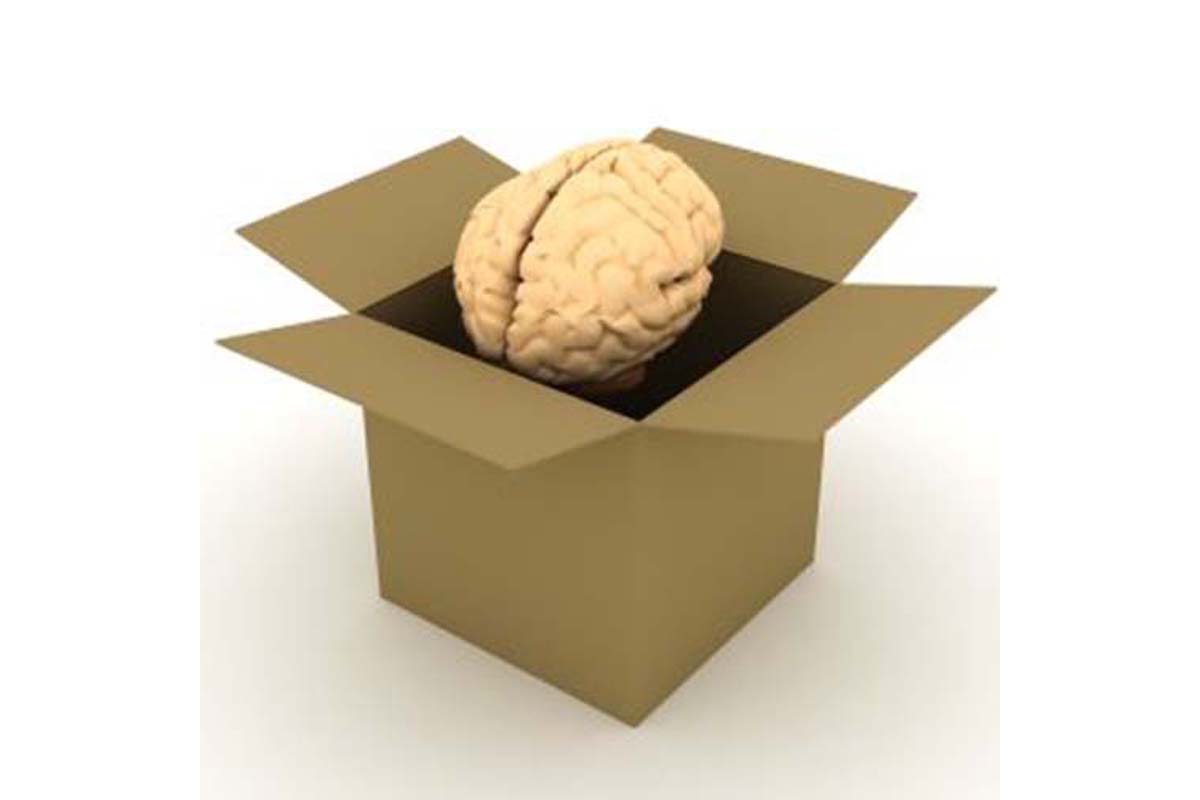Table of Contents
It’s been found that thinking capacity is not fixed but can be expanded.
Set yourself a realistic target time for which you will stay focused on what you are doing. It doesn't matter if it’s only five or ten minutes at first, because you’re going to keep practicing and it will get longer.

If you don’t hit your target first time, reduce it until you can maintain focus for that time. Then gradually increase the period of concentration, and don’t be hard on yourself when you fail – as with any kind of exercise at some times it will be easier than at others.
Try brain training/games
Apps designed to help you train your brain are available for all kinds of electronic devices. These often work to improve specific aspects of mental aptitude such as reasoning, attention, and working (short-term) memory.
Children with pronounced problems with concentration should always be assessed by a qualified person, in case a condition such as attention deficit hyperactivity disorder (ADHD) is the cause. But brain games will never do any harm even in children with this condition.
Get up and go!
Being physically active in breaks between bouts of concentration has been found to help relieve mental fatigue and boredom, which interfere with focus. So try running around or up a flight of stairs or just take a brisk walk.
Music while you work
Some people find that playing particular types of music in the background aids concentration and also helps them screen out other distracting noise. It may be classical music or meditative music and you can always use earphones if it’s not to your co-workers taste. It is very common for surgeons to play music while operating to create a relaxed but focused atmosphere in the theater.
Chew gum
It also reduces the drop-off in attention that occurs with time. It is not known exactly why it works, but might be due to the action of chewing muscles increasing the supply of blood to the head and brain. Worth a try.
Twiddle and fiddle
Twiddling a pencil around your fingers or playing with a small object like a ball, marble or piece of putty in a ‘mindless’ way has been found to help some people maintain attention in a meeting or when concentrating on watching something.
The Tangerine Technique
Contrary to what you might think, you are better able to focus when relaxed.
We all know that we tend to perform poorly when tense and stressed. So the ideal state is one of relaxed alertness. If you fancy trying an interesting way of achieving this state, try the Tangerine Technique. It basically involves imagining what it feels like to take a tangerine (think of its weight, shape and colour) first in your hand and then place it at the top back of your head, where you will keep it while focusing. Don’t dismiss it until you’ve tried it!
- Photo courtesy of on Flickr: www.flickr.com/photos/tocaboca/5630744267
- www.onlinelibrary.wiley.com/doi/10.1111/bjop.12025/abstract
- www.infiniteminds.info/Learning-2.0/Tangerine-Technique.html
- www.scientificamerican.com/article.cfm?id=brain-games-aim-make-kids-smarter
- www.blogs.scientificamerican.com/streams-of-consciousness/2013/04/17/how-to-make-kids-smarterand-ease-existential-terror/
- www.entrepreneur.com/blog/225569
- www.entrepreneur.com/blog/225321


Your thoughts on this